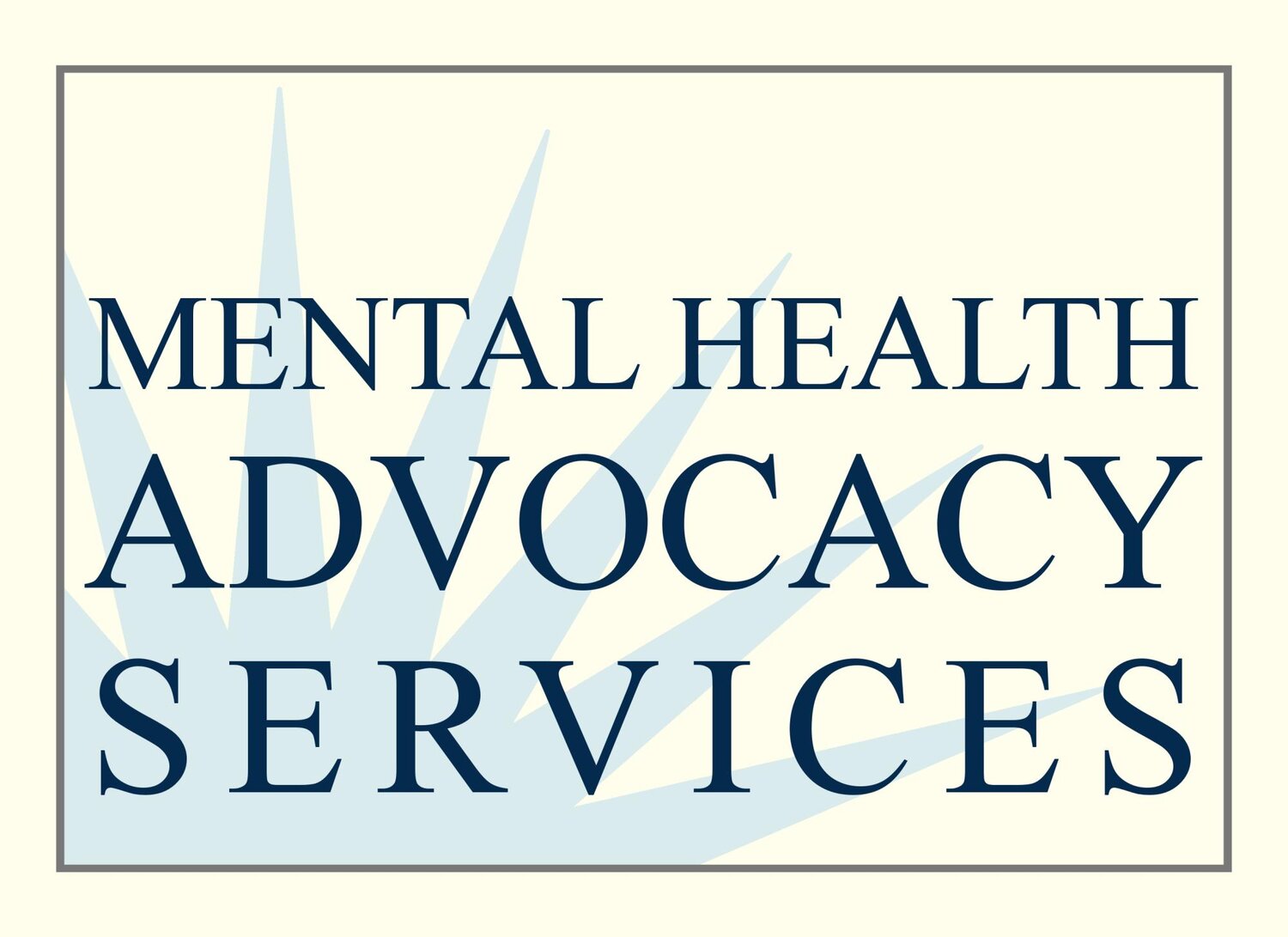Fear and the Justice Gap
by Eliza SchaflerEliza Schafler is an MHAS Equal Justice Works Fellow sponsored by Greenberg Traurig, LLP.
 Those in the public interest legal community know that the need for civil legal services is great. In fact, demand for legal services vastly outweighs supply. This problem is widely referred to as a crisis of “access to justice,” or simply as “the justice gap.” The reasons for the justice gap are no secret; they include everything from the lack of a civil right to counsel to budget cuts to the many causes of poverty.Yesterday, however, as I worked on-site at the MHAS Behavioral Health-Legal Partnership (BeHeLP) clinic, I stumbled upon a less publicized ingredient in the justice gap: the fear of accessing justice.It seems paradoxical – why would a person be afraid to access something she needs? Let me share an example.At BeHeLP yesterday, I met a mother whose legal problems had created housing instability for her family and left her children with serious emotional challenges. They were surviving on an appallingly low income and needed various forms of advocacy. This mother knew that legal assistance could help her family, and she was thrilled to learn that our clinic was available to her.Yet when I asked whether she would have sought legal assistance without BeHeLP, the answer was an emphatic “No.” Her years of hardship had left her so overwhelmed and mistrustful, she explained, that the only reason she felt brave enough to see a legal advocate was because I was right there at the Family Resource Center. Hathaway-Sycamores had helped her family, and she trusted me because they did.This conversation reminded me of my very first meeting with the leadership of Hathaway-Sycamores Child and Family Services, during the planning stage of our partnership. At that meeting, they explained that they needed BeHeLP because of a “hand-off problem”: even when families are given legal referrals, they often do not access justice. That is why we designed BeHeLP to incorporate an on-site clinic.An untold number of low-income individuals need and want legal services, but fear seeking them – because they are undocumented, because they have been mistreated by others in positions of power, because they are commonly misunderstood, or because they are just too tired to face rejection one more time. A great demand for legal services does not always translate into an actual demand by the people whose rights are at stake. Sometimes, you need to come to them.
Those in the public interest legal community know that the need for civil legal services is great. In fact, demand for legal services vastly outweighs supply. This problem is widely referred to as a crisis of “access to justice,” or simply as “the justice gap.” The reasons for the justice gap are no secret; they include everything from the lack of a civil right to counsel to budget cuts to the many causes of poverty.Yesterday, however, as I worked on-site at the MHAS Behavioral Health-Legal Partnership (BeHeLP) clinic, I stumbled upon a less publicized ingredient in the justice gap: the fear of accessing justice.It seems paradoxical – why would a person be afraid to access something she needs? Let me share an example.At BeHeLP yesterday, I met a mother whose legal problems had created housing instability for her family and left her children with serious emotional challenges. They were surviving on an appallingly low income and needed various forms of advocacy. This mother knew that legal assistance could help her family, and she was thrilled to learn that our clinic was available to her.Yet when I asked whether she would have sought legal assistance without BeHeLP, the answer was an emphatic “No.” Her years of hardship had left her so overwhelmed and mistrustful, she explained, that the only reason she felt brave enough to see a legal advocate was because I was right there at the Family Resource Center. Hathaway-Sycamores had helped her family, and she trusted me because they did.This conversation reminded me of my very first meeting with the leadership of Hathaway-Sycamores Child and Family Services, during the planning stage of our partnership. At that meeting, they explained that they needed BeHeLP because of a “hand-off problem”: even when families are given legal referrals, they often do not access justice. That is why we designed BeHeLP to incorporate an on-site clinic.An untold number of low-income individuals need and want legal services, but fear seeking them – because they are undocumented, because they have been mistreated by others in positions of power, because they are commonly misunderstood, or because they are just too tired to face rejection one more time. A great demand for legal services does not always translate into an actual demand by the people whose rights are at stake. Sometimes, you need to come to them.
